
An observatory in Chile with the world's largest camera has published first images of star nurseries and galaxies. The Vera Rubin Observatory can detect even tiny changes in the sky, making it an ideal asteroid spotter.
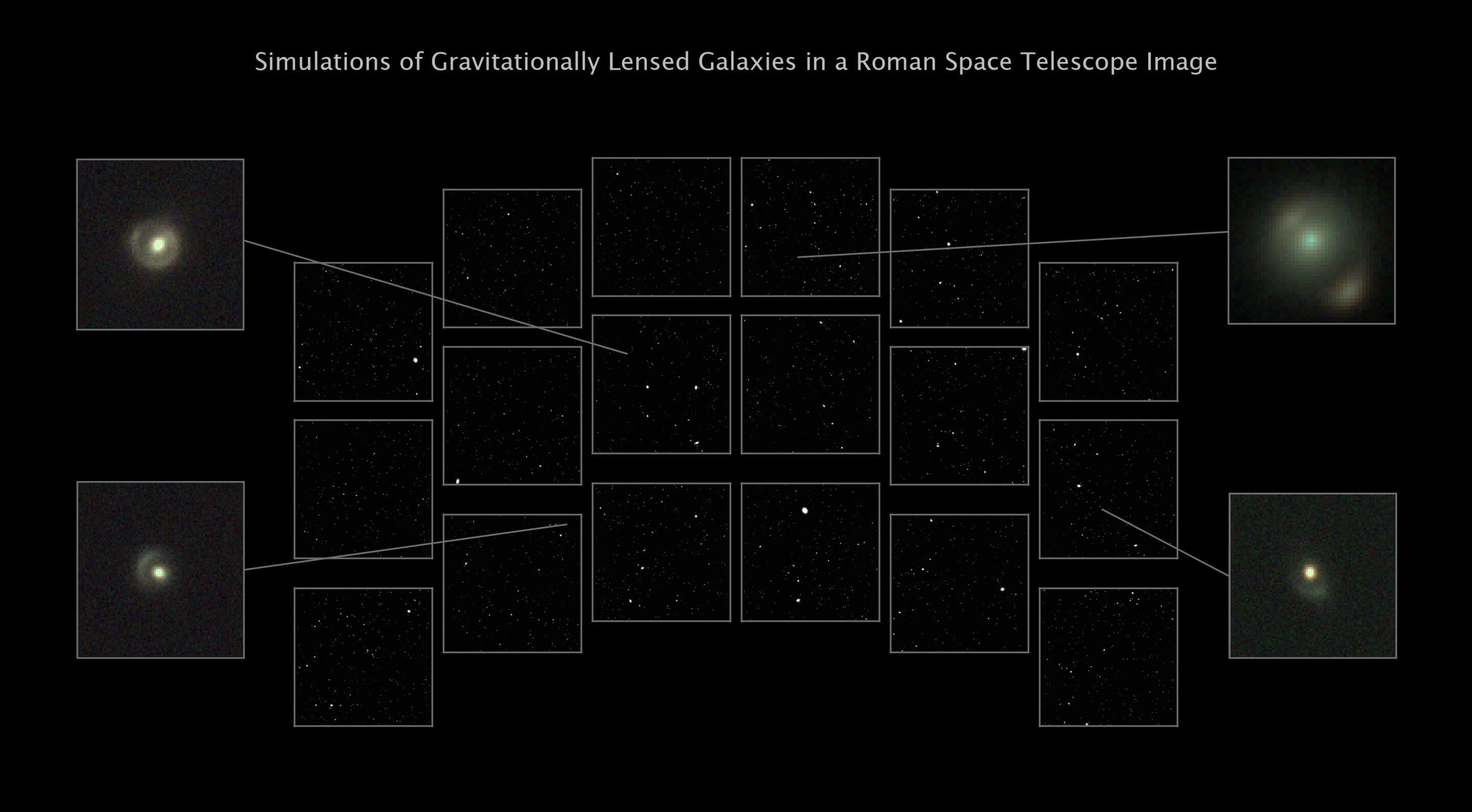
Dark matter affects how stars move within galaxies, how galaxies build up over time, and how everything in the universe is held together - but no existing tool has directly detected it. While dark matter does not reflect, absorb, or emit light, it can still be indirectly observed by telescopes.
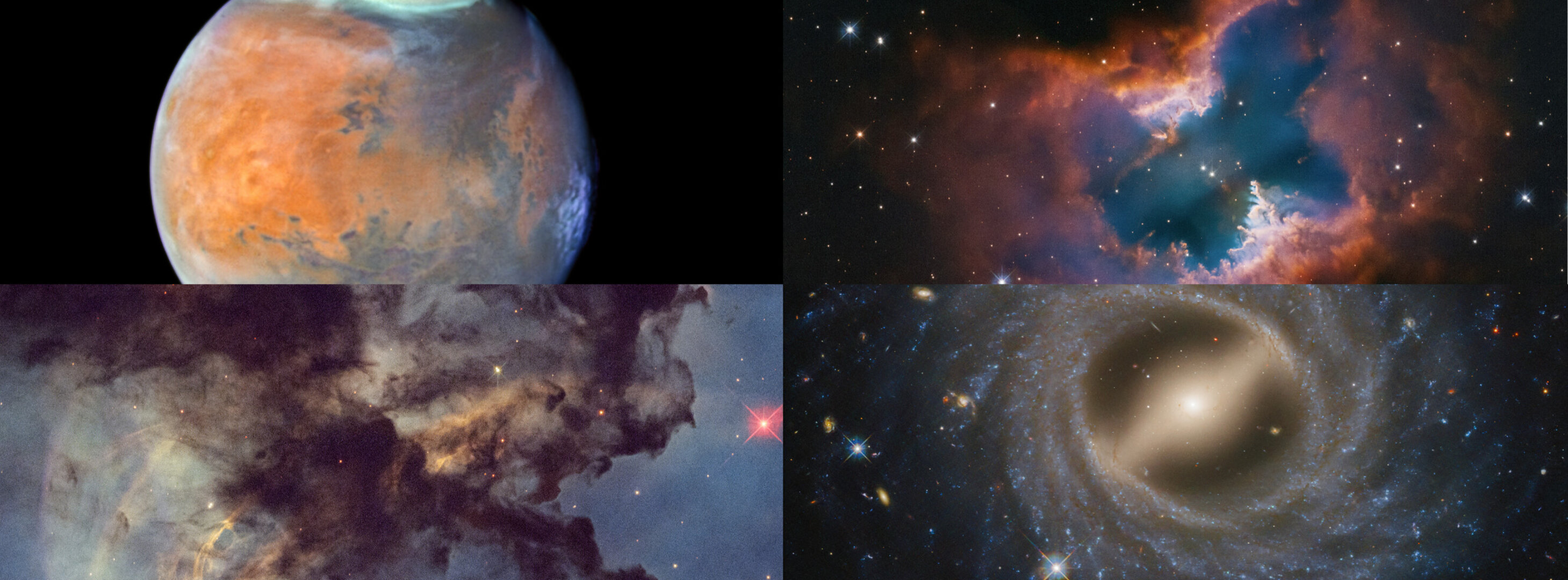
After over three decades of scrutinising our Universe, Hubble remains a household word as the most well-recognised telescope in scientific history.

In a new image from NASA’s James Webb Space Telescope, a galaxy named for its resemblance to a broad-brimmed Mexican hat appears more like an archery target.

Since the James Webb Space Telescope (JWST) began science operations, astronomers have observed galaxies that existed more than 13 billion years ago.

NASA's new infrared space telescope, SPHEREx, is designed to give us unprecedented insights into the evolution of the Universe.

An international team of astronomers using the Atacama Large Millimeter/submillimeter Array (ALMA) discovered a surprising new filamentary structure around the Mikly Way's core.

Radio astronomers see what the naked eye can't. As we study the sky with telescopes that record radio signals rather than light, we end up seeing a lot of circles.

The European Space Agency's Milky Way-mapper Gaia has completed the sky-scanning phase of its mission, racking up more than three trillion observations of about two billion stars and other objects over the last decade.

The James Webb Space Telescope is celebrating three years from its launch. Its discoveries have already changed our understanding of the early universe.
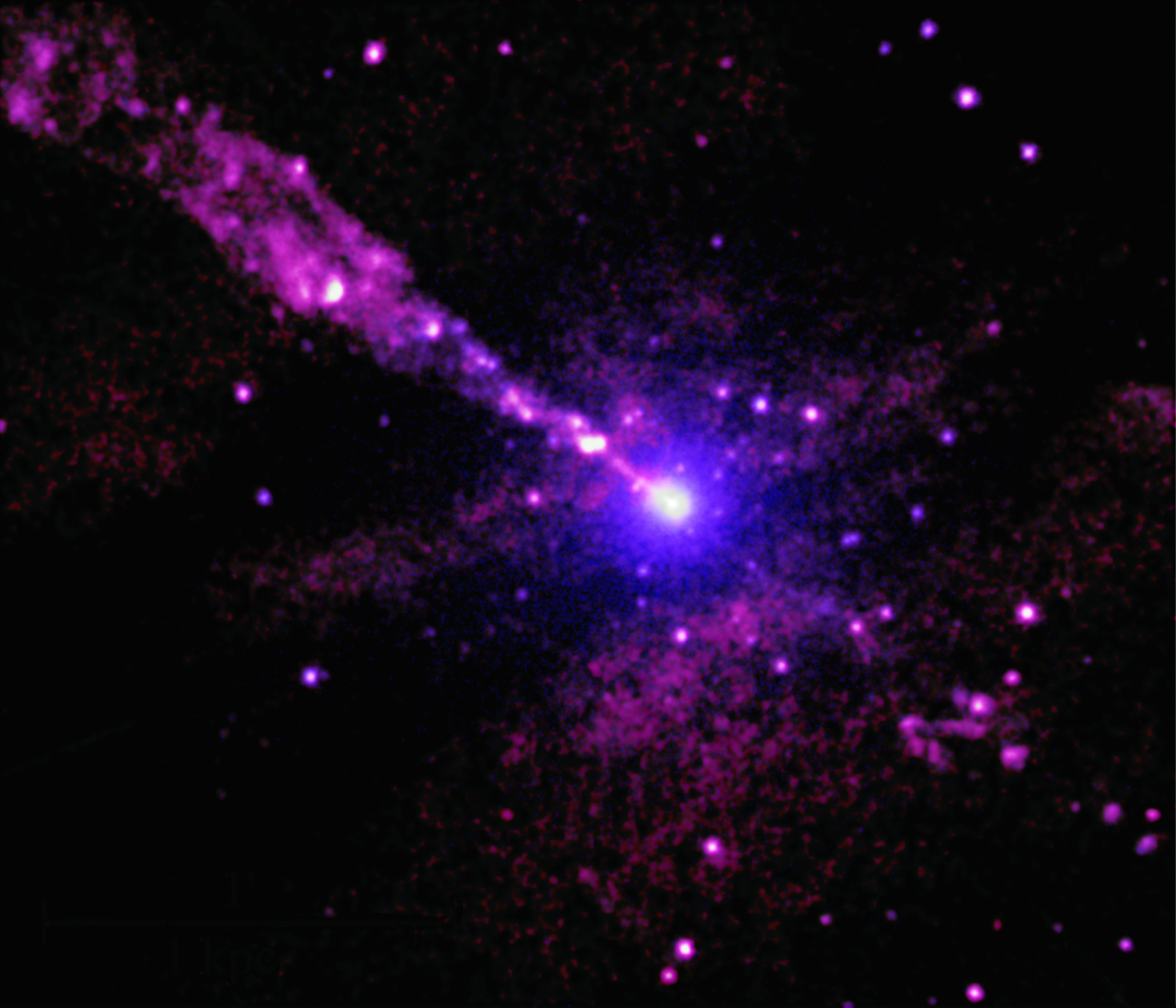
Using NASA’s Chandra X-ray Observatory, astronomers have found an unusual mark from a giant black hole’s powerful jet striking an unidentified object in its path.
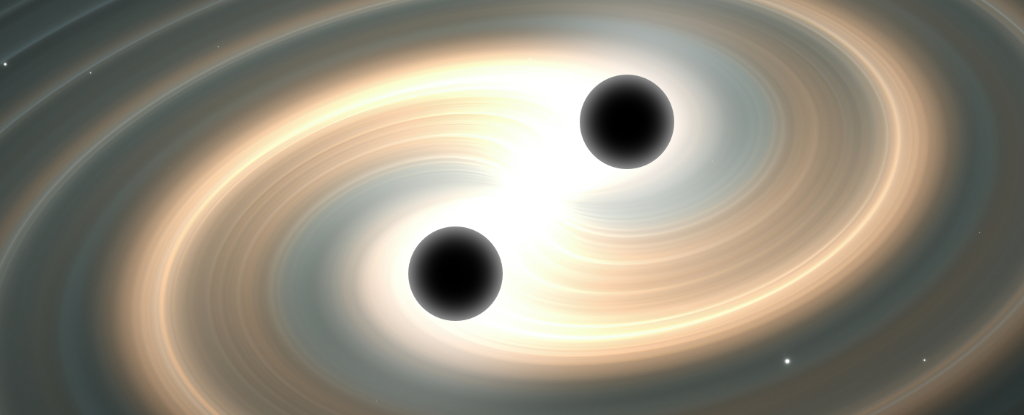
Using the largest gravitational wave detector ever made, we have confirmed earlier reports that the fabric of the Universe is constantly vibrating.
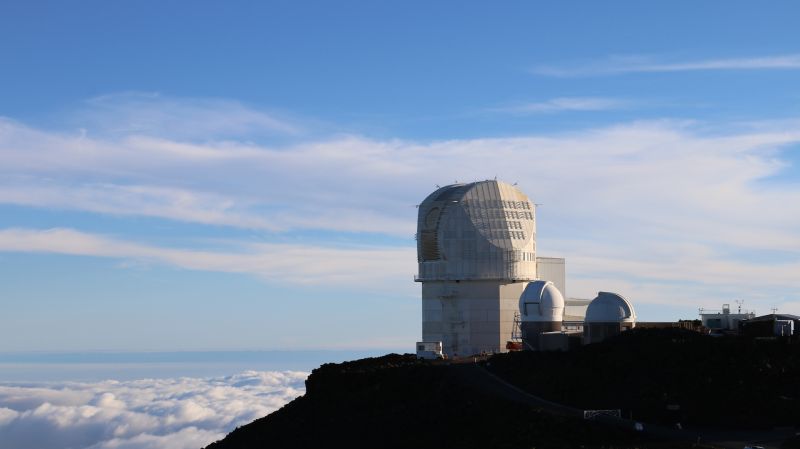
Researchers at the U.S. National Science Foundation National Solar Observatory have successfully mapped the magnetic fields of the sun's atmospheric corona.
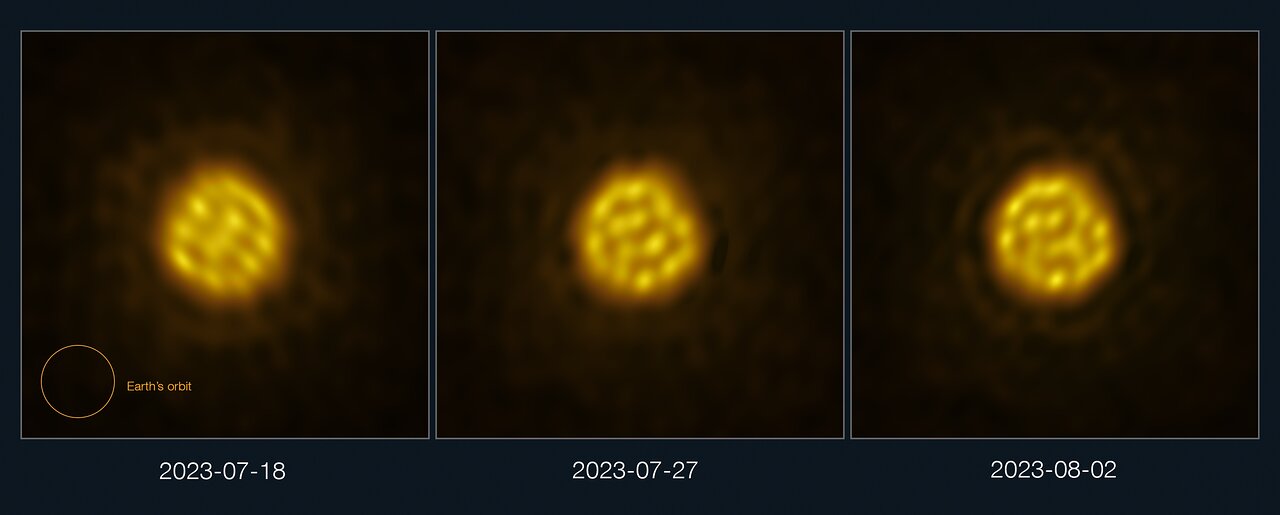
For the first time, astronomers have captured images of a star other than the Sun in enough detail to track the motion of bubbling gas on its surface.

To celebrate the 25th anniversary of its launch, NASA’s Chandra X-ray Observatory is releasing 25 never-before-seen views of a wide range of cosmic objects.